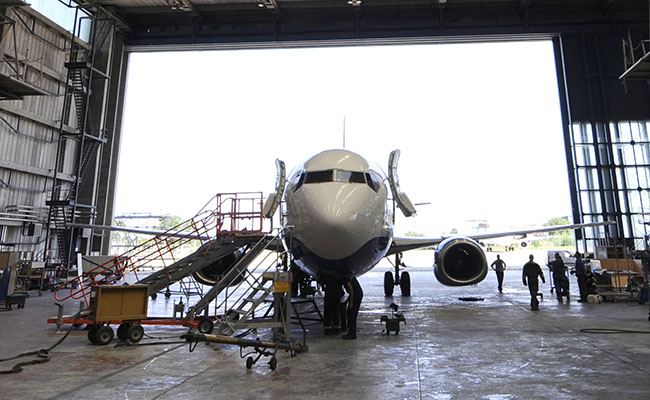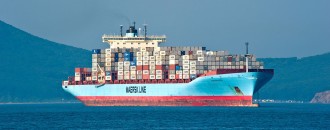Some defence-related materials used for maintenance, repair and overhaul [MRO] of aircraft and ship, for which excise duty was earlier applicable has now been reduced to nil
The Dollar Business Bureau

Excise duty on equipment such as electric motors, chambers and washers was reduced to 6% from its earlier 12.5%, whereas duty on industrial solar water heaters was increased from 7.5% to 10%
March 02, 2016 | 011:20am IST

 Excise duty on equipment such as electric motors, chambers and washers was reduced to 6% from its earlier 12.5%, whereas duty on industrial solar water heaters was increased from 7.5% to 10%
Excise duty on equipment such as electric motors, chambers and washers was reduced to 6% from its earlier 12.5%, whereas duty on industrial solar water heaters was increased from 7.5% to 10%




 to success.
to success.